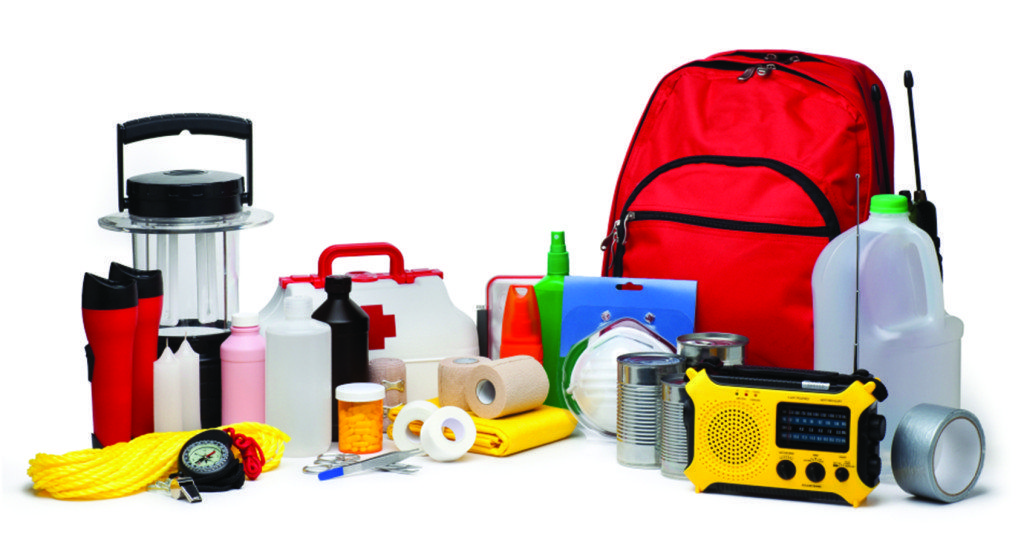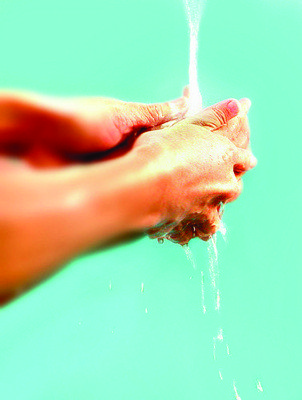
(Photo by Christy Hinko)
Recent unseasonably warm temperatures here in the Northeast may make winter seem like it’s never coming, but cold weather is inevitably and definitely on its way. That means that planning ahead for extreme temperature drops is important, especially for older adults who can be especially vulnerable to health and home threats that the colder weather can bring.
Slower metabolisms, poor circulation, and reduced sensitivity to changes in body temperature can put the elderly at greater risk for hypothermia, illness and falls, especially when winter comes on full force. According to the CDC, more than half of hypothermia-related deaths occur in people over the age of 65—that’s a chilling statistic.
The key to cold safety is prevention. As a registered nurse and the head of Partners in Care, a licensed home care agency affiliated with the Visiting Nurse Service of New York, my colleagues and I help our elderly clients and their family caregivers prepare for the winter months. When the forecast includes a “nor’easter,” we’re out on the frontlines making sure that those who are most at risk stay safe and toasty inside.
Here are a few of these simple reminders that will help you and your loved ones stay warm and healthy through the final weeks of winter:
 Warm and Cozy is Good
Warm and Cozy is Good
Like high blood pressure, hypothermia can be a “silent killer” because victims may not be aware of the threats of prolonged exposure to the cold or common early symptoms such as shivering, exhaustion, drowsiness, reduced coordination, slurred speech and memory loss. Seniors who are ill or have diabetes are more likely to not notice that their body temperature is dropping.
- Dress warmly: Wear loose-fitting and layered clothing. Mittens are warmer than gloves because fingers generate warmth when they touch each other.
- Check your heating: Have your heating system serviced professionally; inspect and clean fireplaces and chimneys. Keep your thermostat to a recommended 70F. Use electric space heaters in bedrooms or bathrooms as a way of heating small rooms.
- Eat well: Food provides the body with energy and essential nutrients to help maintain adequate body temperature at 98.6F.
Winter Weatherizing at Home
Don’t let the next blizzard or ice storm surprise you. Instead, prepare for the worst and keep supplies on-hand, including a fully stocked emergency kit, water, batteries, a heat generator, and food that needs no cooking preparation or refrigeration, such as crackers and dried fruits.
- Install weather stripping, insulation and storm windows.
- Caulking or plastic sheets can protect windows and keep warm air in.
- Make sure that passageways inside and out are cleared of ice and debris to lessen risks for falling.

Practice Good Health Habits
There are several simple steps you can take to ensure that you don’t spread germs to your loved ones. These are tips we’ve all heard before, but they remain important to keep in mind:
- Make sure to cover your nose and mouth with a tissue when you cough or sneeze.
- Avoid touching your face. Habits like touching your eyes can act as a welcoming mat for viruses.
Jennifer Leeflang is an registered nurse and senior vice president at Partners in Care, providing expert private home care services. Partners in Care is an affiliate of The Visiting Nurse Service of New York, the largest certified nonprofit home- and community-based health care agency in the country. Visit www.partnersincareny.org or call 888-735-8913 for more information.


















